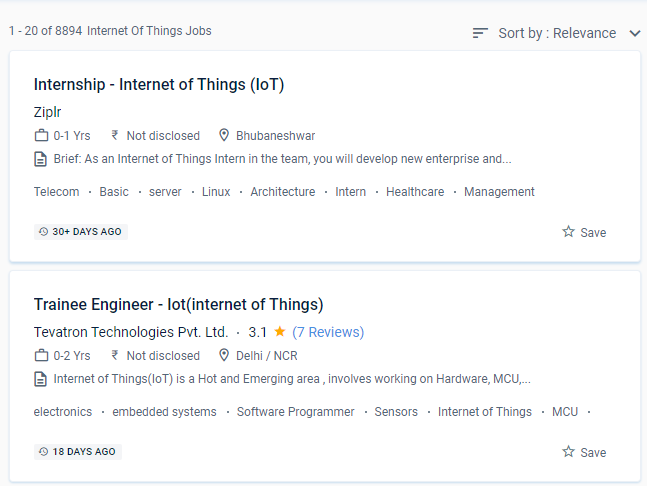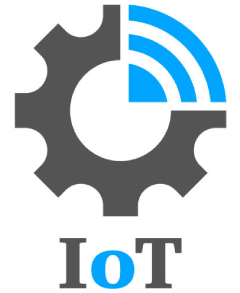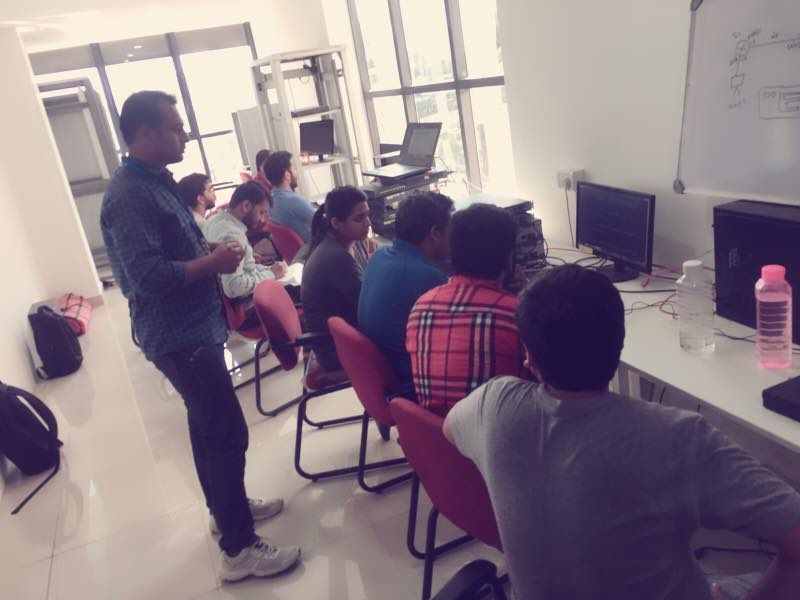IoT (Internet of Things) Training by Experts
Our Training Process

IoT (Internet of Things) - Syllabus, Fees & Duration
Module 1 - Introduction
- Concepts & Definitions
- Myth with IoT
- Business with IoT
- Carrier in IoT
- IoT Applications
- IoT system overview
- Node, Gateway, Clouds
- Why IoT is essential
- Machine learning
- Artificial Intelligence
Module 2 - IoT Architecture
- IoT Network Architecture
- IoT Device Architecture
- IoT Device Architecture
- Publish-Subscribe architecture
Module 3 - IoT Device Design
- Sensors
- Classification & selection criteria based on the nature ,frequency and amplitude of the signal
- Embedded Development Boards – Arduino, Raspberry Pi, Intel Galileo, ESP8266
Module 4 - IoT Communication Protocols
- Wired Communication Protocols
- Wireless Communication Protocols
- Application Protocols – MQTT, CoAP, HTTP, AMQP
- Transport layer protocols – TCP vs UDP
- IP- IPv4 vs IPv6
Module 5 - Cloud
- Concept & Architecture of Cloud
- Public cloud vs Private cloud
- Different Services in cloud (IAAS / PAAS / SAAS)
- Importance of Cloud Computing in IOT
- Leveraging different Cloud platforms.
Module 6 - Designing The IoT Product
- Interfacing peripherals & Programming GPIOs - Input/output peripherals, Sensor modules
- Design Considerations – Cost, Performance & Power Consumption tradeoffs
Module 7 - Programming
- Embedded C
- Python
- Arduino
Module 8 - Hands-On Using Raspberry Pi Board
- Setting up board
- Booting up Raspberry Pi
- Running python on Raspberry Pi, GPIO programming
- Interfacing sensors and LED (Input and output devices)
- Making a few projects
- Sending data to cloud 2 using Raspberry Pi board
- Sending data to cloud 3 using Raspberry Pi board
- Making raspberry Pi web server
- Making raspberry PI TCP client and server
- Making raspberry Pi UDP client and server
Module 9 - Use Cases
- A cloud-based temperature monitoring system using Arduino and Node MCU
- Esp8266 WIFI controlled Home automation
- Obstacle detection using IR sensor and Arduino
- Remote controlling with Node MCU
- Temperature monitoring using a Raspberry Pi as local server
- Raspberry Pi controlling Esp8266 using MQTT
- weather monitoring system using Raspberry Pi and Microsoft Azure cloud
Module 10 - Closer
- Existing Product in Market
- Barrier in IoT
This syllabus is not final and can be customized as per needs/updates





 IoT was once more appealing to business and manufacturing, where it is commonly referred to as machine-to-machine (M2M), but now the emphasis is on equipping our homes and offices with smart gadgets, making it relevant to almost everyone.
The goal is to enable data and information sharing among different devices. Let's start with how devices connect to the internet and then move on to applications.
. The advantages of IoT for business depend on how it is implemented; agility and efficiency are frequently top priorities. The term "Internet of Things" refers to devices that aren't typically expected to have an internet connection but will communicate with the network without the need for human intervention. The Internet of Things (IoT) introduced a networked system of interconnected devices capable of exchanging data and mutually improving each other's capabilities. We will remotely monitor our homes and businesses to keep them safe. The Internet of Things (IoT) is a coinage for a network of physical objects linked by sensors, software, and knowledge. Nestsoft will provide the best IoT training on-site with the assistance of field specialists.
IoT was once more appealing to business and manufacturing, where it is commonly referred to as machine-to-machine (M2M), but now the emphasis is on equipping our homes and offices with smart gadgets, making it relevant to almost everyone.
The goal is to enable data and information sharing among different devices. Let's start with how devices connect to the internet and then move on to applications.
. The advantages of IoT for business depend on how it is implemented; agility and efficiency are frequently top priorities. The term "Internet of Things" refers to devices that aren't typically expected to have an internet connection but will communicate with the network without the need for human intervention. The Internet of Things (IoT) introduced a networked system of interconnected devices capable of exchanging data and mutually improving each other's capabilities. We will remotely monitor our homes and businesses to keep them safe. The Internet of Things (IoT) is a coinage for a network of physical objects linked by sensors, software, and knowledge. Nestsoft will provide the best IoT training on-site with the assistance of field specialists.



















































































